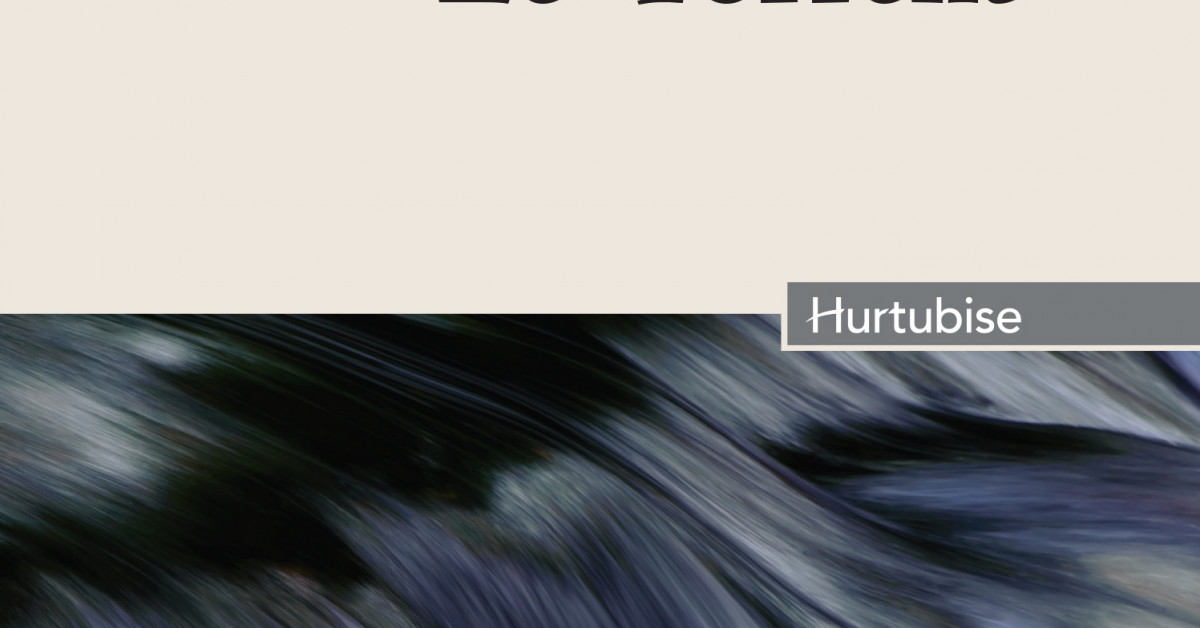

Two volumes of her poetry, Anne Hébert: Selected Poems (1987) and Day Has No Equal but the Night are still in print, while translations of her plays "La Mercière assassinée" ("The Murdered Shopkeeper"), "Le Temps Sauvage" ("The Unquiet State"), and "Les Invités au procès" ("The Guests on Trial") were published in the journal Canadian Drama between 19 (issues 9.1, 10.2, and 14.2 respectively). From that moment on, though she frequently visits Canada, Paris would be her home as well as the location of the publisher of all her subsequent books, the prestigious French publisher Les Éditions du Seuil.įortunately for English readers in Canada and around the world, Anne Hébert is one of the most translated writers from Québec. In 1954 Hébert used a grant from the Royal Society to continue her writing in Paris, a setting she thought would be more receptive to the style and subject matter of her writing. When the former was finally published in 1950 and the latter in 1952, it was done at the personal expense of Roger Lemelin and Hébert respectively. Despite this success, however, the violence in her 1945 story "Le Torrent" and the darkness of her poetry collection Le Tombeau des rois caused Québec publishers to refuse to publish them. Having begun writing poems, stories, and plays at a very young age, Anne Hébert found her work being published in a variety of periodicals by the time she was in her early twenties.Īnne Hébert's first volume of poetry, Les Songes en équilibre, appeared in 1942 to good critical response and it was awarded the Prix David.


He fostered her desire to write and, through his guidance, provided her with a solid literary education. The greatest influence on her writing, however, was undoubtedly her father Maurice Hébert, a part-time literary critic who worked for the Québec government.

Born into a well-respected Québec family, whose ancestors included some of the earliest settlers of New France, Hébert was encouraged in her literary endeavours by her cousin, the poet Hector de Saint-Denis Garneau. Anne Hébert was born on Augin Sainte-Catherine-de-Fossambault, a small village 40 kilometers from Québec city.


 0 kommentar(er)
0 kommentar(er)
